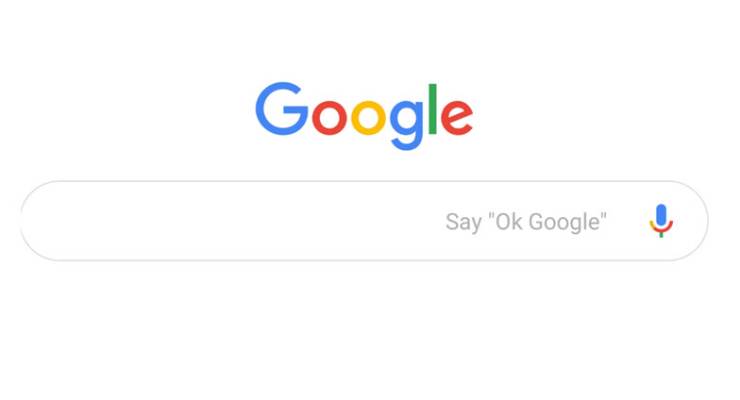
Just as Mad Men documented the historic shift in advertising from print to television, more prosaic figures released by ACMA late on Friday show the speed and scale of another change: discovery is trumping distribution.
The report tracks the flow of dollars from media to digital platforms, revealing that online has broken through to most (that is, more than half) ad dollars. But the surface shift reflects deeper changes in the way we consume advertising and how it connects with news content.
The stats
Print media has been hit worst. Its share of ad dollars has fallen from 28% in 2013 to 12% in 2017 — a fall from about $3.7 billion to about $1.8 billion. (Advertising dollars are relatively constant in most developed countries, at around 1% of GDP. In the case of Australia, that’s about $16 billion.)
Over those same five years, broadcast television has dropped from 30% to 24% (to about $3.7 billion). Radio has been relatively flat. Where are these dollars going? Surprise! Google and Facebook.
According to its most recent report, Google is booking over $3 billion of gross revenue from Australia. Globally, about 85% of Google income is from ads, so this suggests that one in six Australian ad dollars is going to Google. Facebook doesn’t break out all its Australian advertising revenues, but it’s probably close to $1 billion.
This is why ACCC head Rod Sims said this month: “We cannot simply leave the production of news and journalism entirely to market forces”.
Drawing on the ACCC report on digital platforms released before Christmas, Sims says these platforms not only disadvantage traditional media players but prevent them from competing on their merits. Sims was reflecting complaints from traditional media about the unfairness of the flow of advertising from old media to the new technology platforms. But not so fast. Let’s look closer.
‘Rivers of gold’
As consumers, advertising is what’s pushed in our faces — from TV ads to internet pop-ups. But most of the $16 billion advertising market now goes to the tools for discovery by us: classifieds and search.
Classified advertising once sustained print journalism — “rivers of gold”, Rupert Murdoch said. To advertise a house, a job, a car or announce a birth, death or marriage, you had one platform: newspapers. They had a platform monopoly, and could charge you — a lot. The paper’s journalism was a cost, necessary to lure readers to the platform that distributed the ad in the process. The income from classifieds and the costs of journalism were mixed in the same bucket.
The internet — not Google or Facebook — shattered this connection. Now Seek, REA Group, Domain, and Carsales dominate. They have substantially lower costs and no journalism to support. Even when owned by traditional media companies (as with Nine and Domain; News Corp and REA Group), they’re in separate buckets, with money only mixed as corporate profit.
These pure classified players are much more valuable than the media companies they’ve supplanted. They’re eating them from within: about one-third of Nine’s market cap is attributable to Domain. About half of News Corp’s value is its Australian and US real estate classified businesses.
At the same time, the Google model has remixed the advertising business by prioritising search. Last century, this was dominated by directories like the Yellow Pages dropping on your doorstep once a year. Now, according to IAB, “search and directories” take about 44% ($3.74 billion) of Australian online ad spend. That’s how Google makes about 70% of its global revenues. Back of the envelope for Australia: about $2.1 billion. Google’s programmatic advertising (based on an algorithmic reading of what Google’s data says about you) — is down to 14%.
Programmatic distribution has dominated online display. Now it’s under pressure, and advertisers are sceptical about its value. Consumers hate it and it’s bad for journalism too; it encourages the chase for mass audiences with news about celebrities and sport, clickbait and fake news. It won’t be mourned.
But how does journalism grab the opportunity to find new ways for advertising to support the discovery of independent news?








I have really no time for print media complaining about “unfair” competition from online players because, as you point out, their old business model was based on something of a monopoly position where they were the only game in town for classified advertising and many types of notice, and one of the few games in town for mass advertising, and then were incredibly slow to respond as the internet cut their lunch, much like Australian clothing retailers ripped the consumer off blind with high prices and poor ranges for decades until the internet and latterly overseas retailers have come in and provided competition that proved the Australian retailers’ business models were terrible and were only propped up so long by barriers to competition that no longer existed.
I am far from convinced that more advertising dollars for old media would improve quality of journalism as opposed to improved shareholder returns.